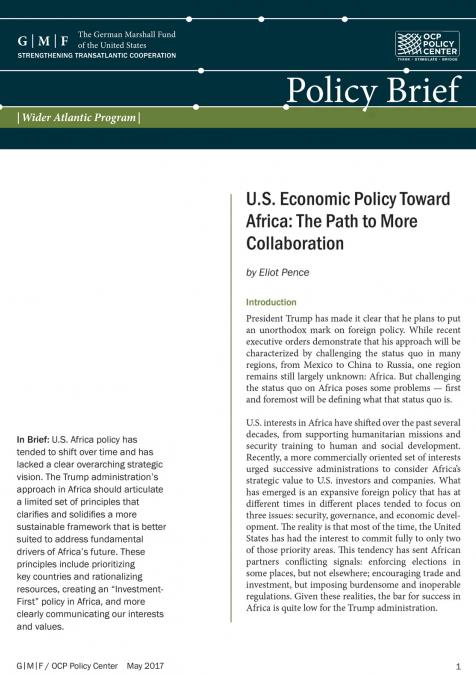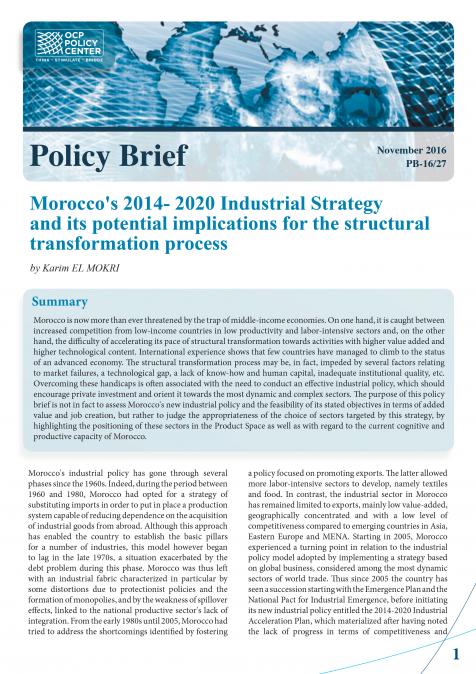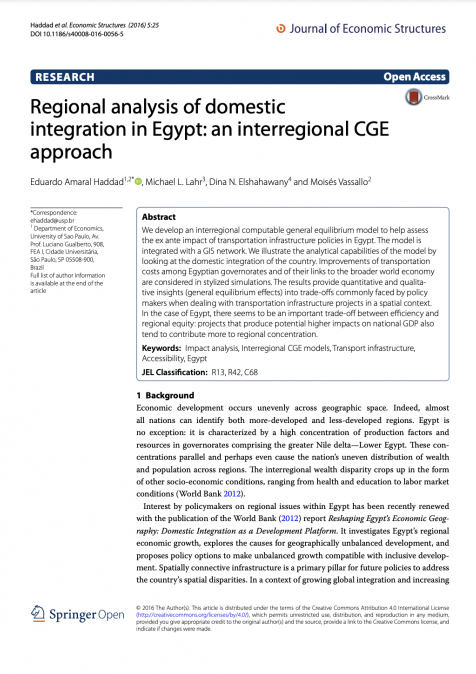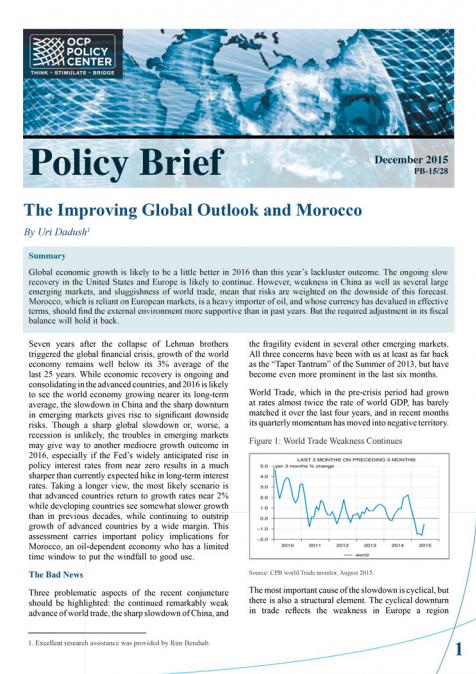In this episode, we dive into the pressing necessity for climate initiatives in Africa. Despite its minimal global emissions, Africa grapples with severe climate challenges and a substantial funding shortfall. Yet, as obstacles persist, including the disconnect between investor expectations and the African context solutions such as fortifying institutional frameworks are essential.
Speakers

Sabrine Emran
Economist
Sabrine Emran is a Finance graduate specializing in financial markets and commodities. She holds a Grande Ecole master’s degree in Management from IESEG School of Management and ISCAE Group, as well as a Specialized master’s degree in Financial Markets from Paris Dauphine University and ENSAE ParisTech. Sabrine Emran started her career in investment writing and product development in the asset management branches of insurance companies and investment banks in Paris, working mainly on alternative investment asset classes. She was also recently a commodities analyst, focusing on risk management strategies for energy and agricultural commodities as well as foreign exchange risks. Sabrine Emran joined the Policy Center for the New south in September 2022 as an economist where she ...

Hamza Mjahed
International Relations Specialist - Strategic Monitoring & Analysis Unit
Hamza Mjahed is an International Relations Specialist at the Strategic Monitoring and Analysis Unit at the Policy Center for the New South. His research focus on the Western Maghreb and examining the relationships between non-African states and the African continent.
Hamza Mjahed holds an excellence license degree in political science from Mohammed V University, Morocco, and a Master of Arts from Hochschule Furtwangen University, Germany. He is currently pursuing an MSc in the Geopolitics and Geo-economics of Emerging Africa from HEC Paris and Mohammed VI Polytechnic University.
...








